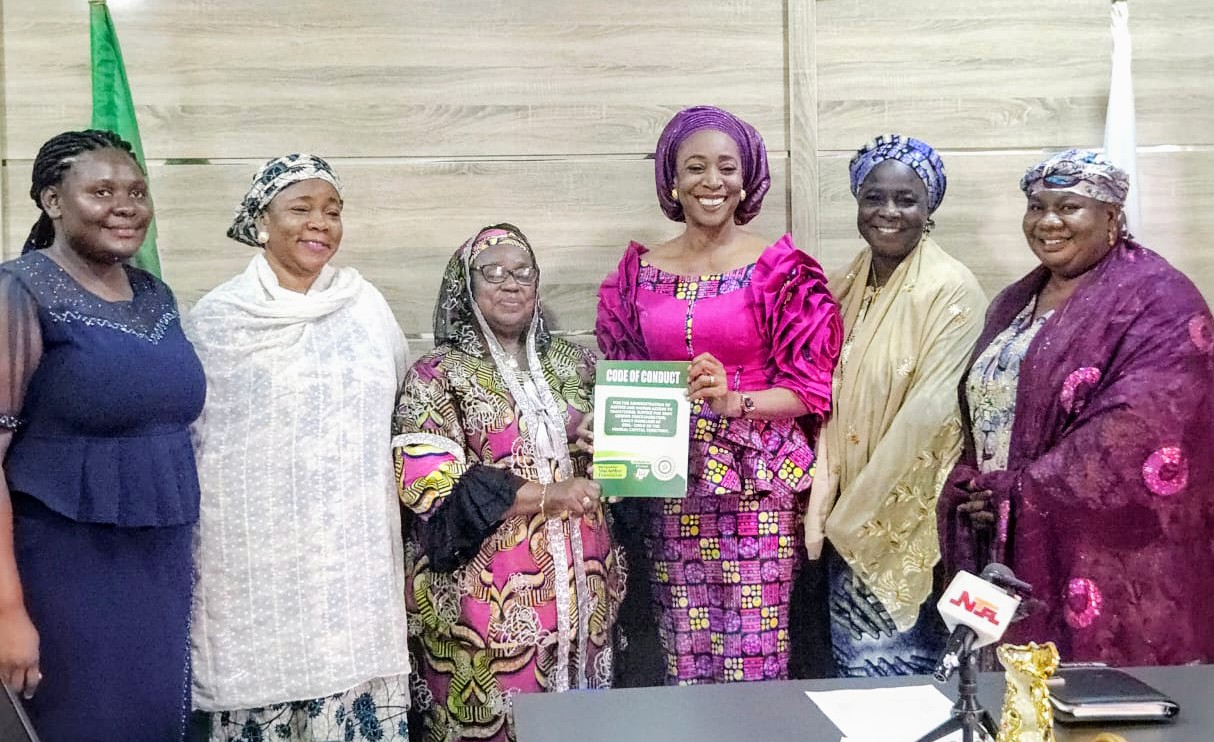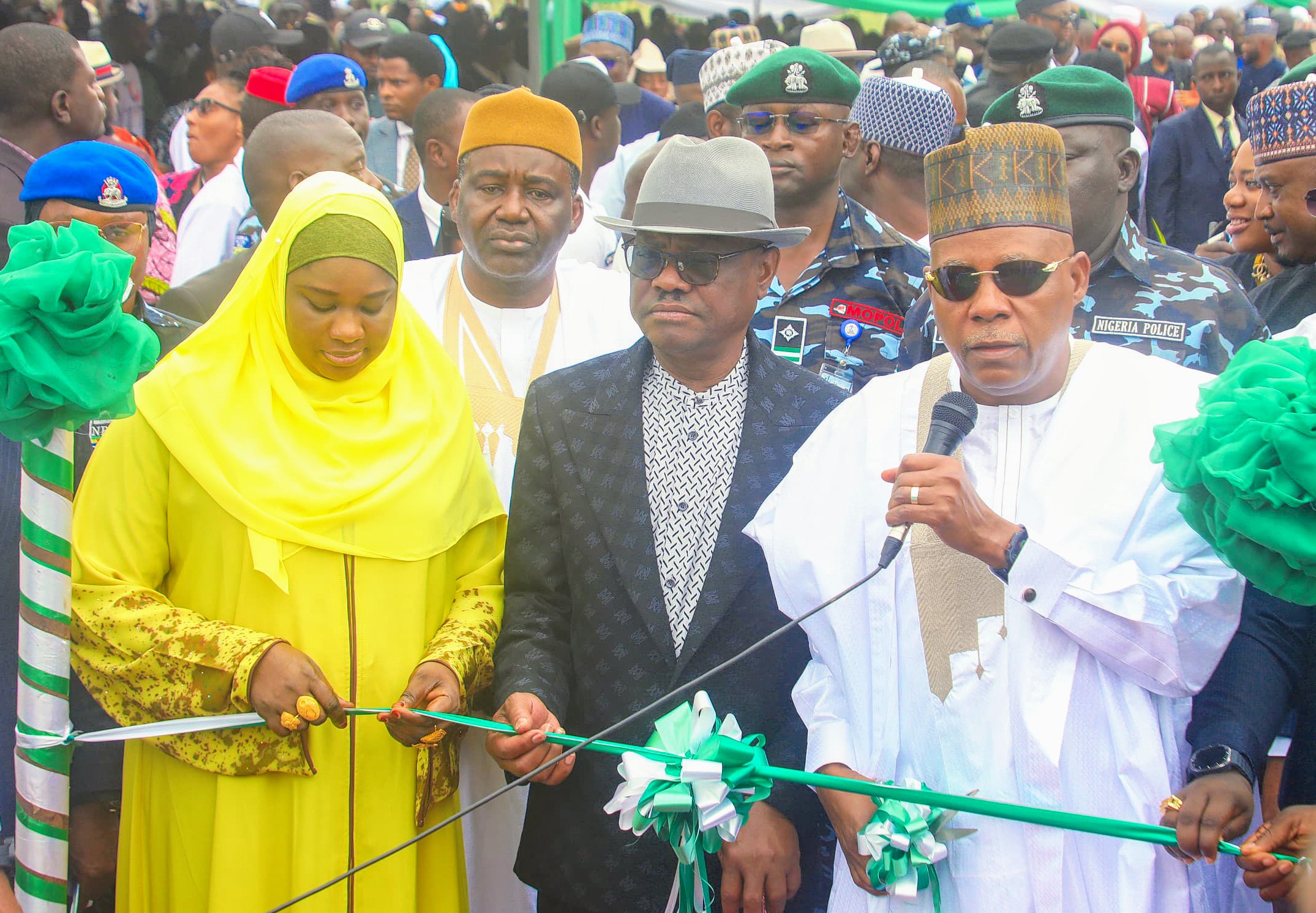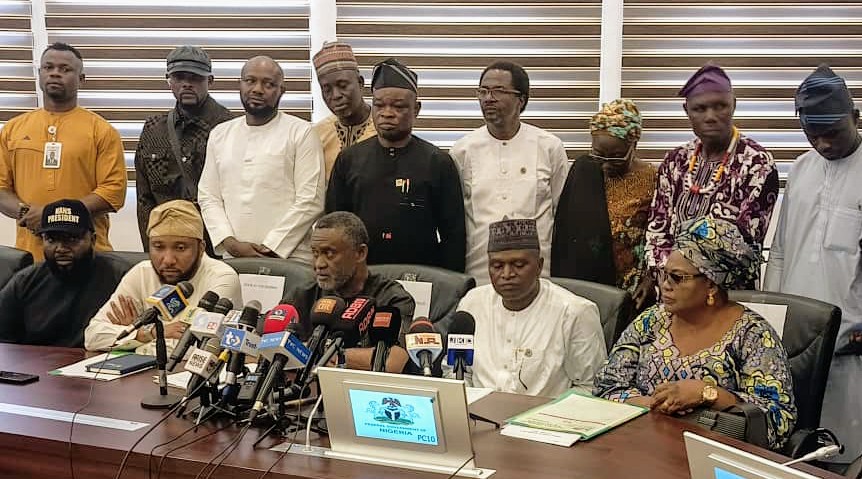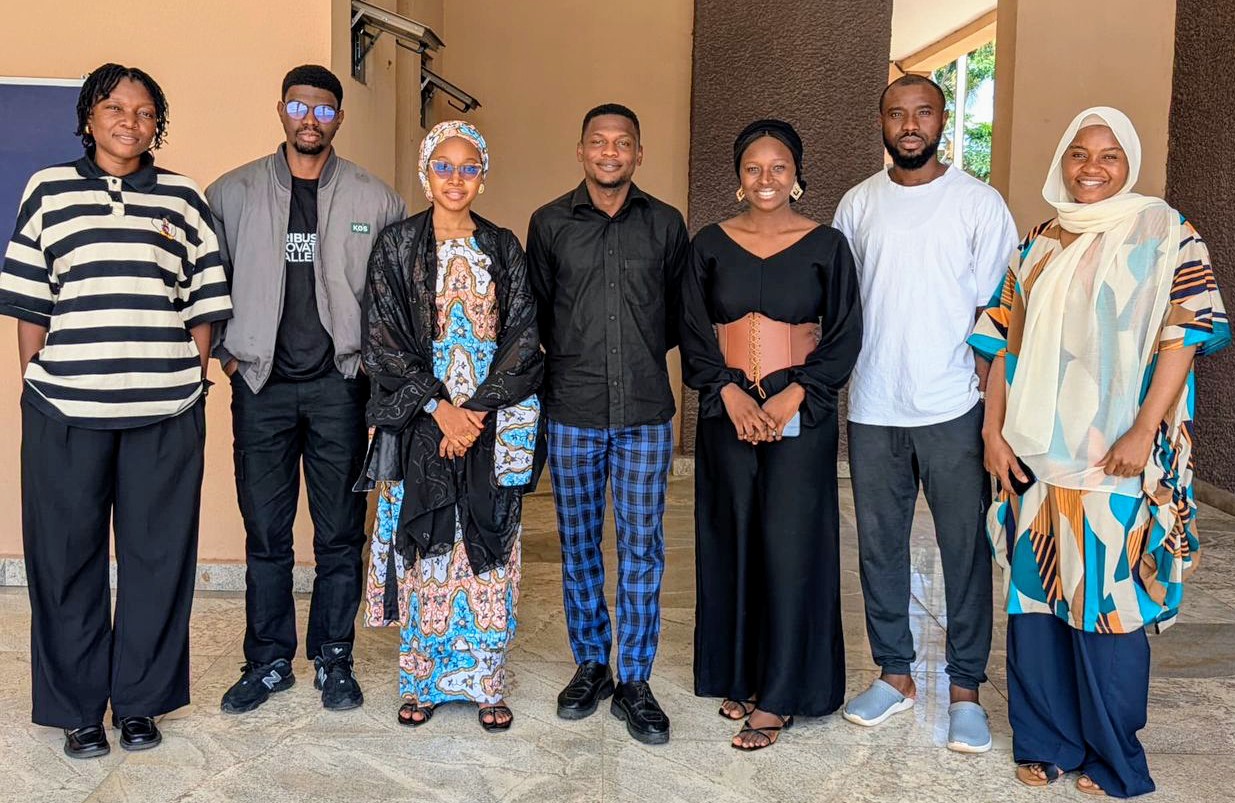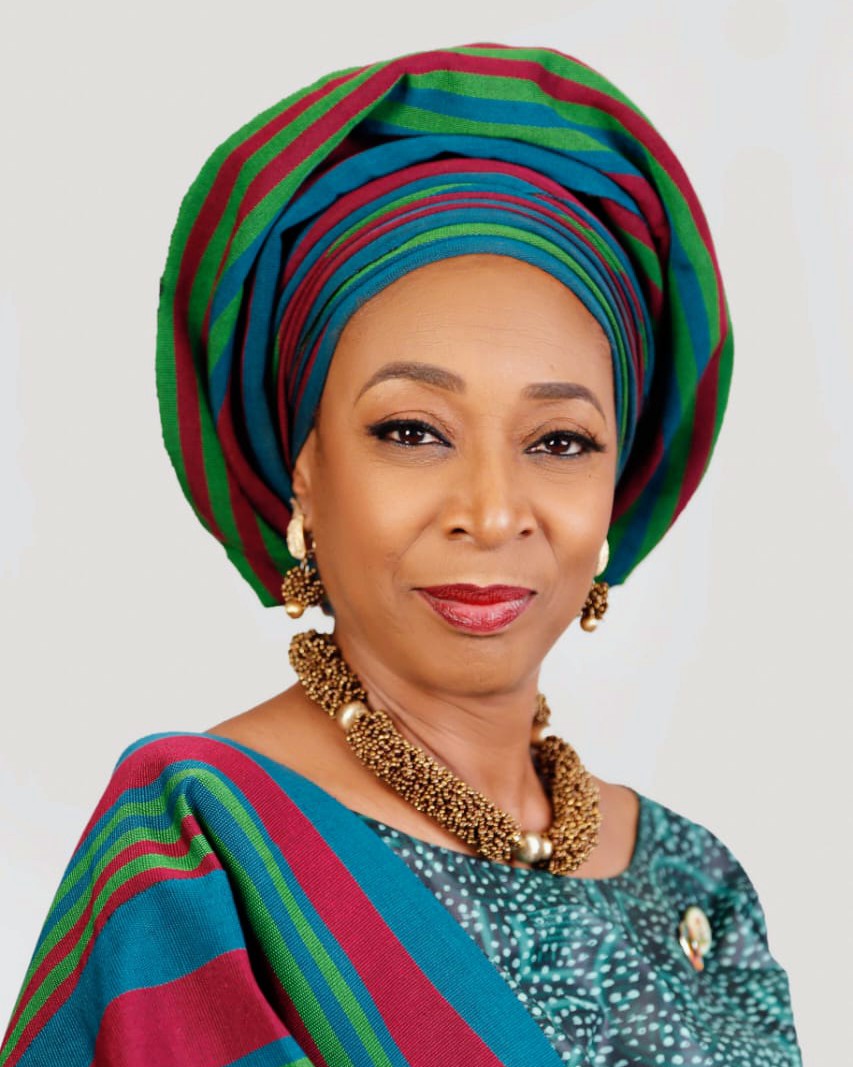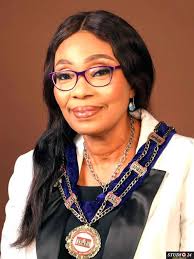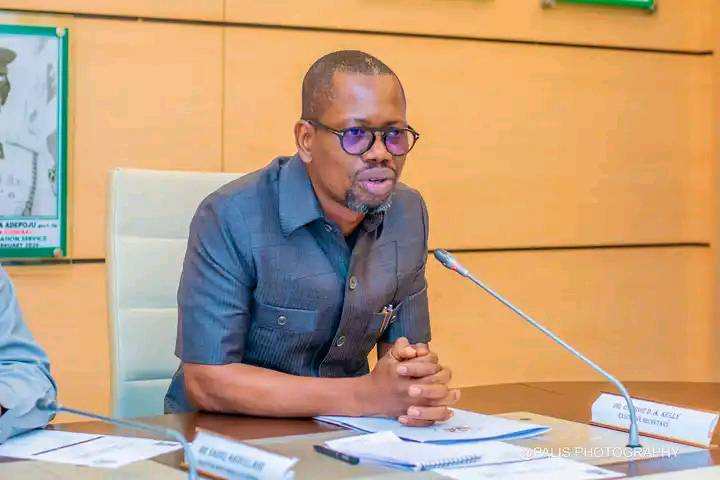By Philip Yatai
Omeva Consulting, a firm specialised in data science and communication across Africa, is hosting an all-female hackathon in Kaduna, to position women in rangeland innovation and data science.
Its Chief Executive Officer (CEO), Maria de la Puerta, said at the ongoing event in Kaduna that the goal was to put women and data science at the centre of policy making for the livestock sector.
She said that the event, which runs from June 26 to July 8 with 30 participants, would set a bold new standard on how people think about rangeland, data, and gender inclusion.
The CEO said that the hackathon, tagged “Women Transform Rangelands”, would combine virtual and in-person activities, including training, mentorship, expert seminars, and collaborative solution-building.
She added that participants would work in teams to explore the Rangeland and Pasture Open Dataset on Kaggle and, with mentor guidance, develop practical solutions to transform rangeland management in Sub-Saharan Africa.
“With guidance from experienced mentors such as Ms Zainab Idris from Creativity Enthusiast Network and Mr Emmanual Gabriel from Paragon Analytics Ltd., the women would develop practical solutions and revolutionise rangeland management in Sub-Saharan Africa.
“Beyond technical training and skills development, the hackathon seeks to amplify the visibility of Nigerian women in data science, showcasing their potential as innovators and leaders in sustainable rangeland management,” she said.
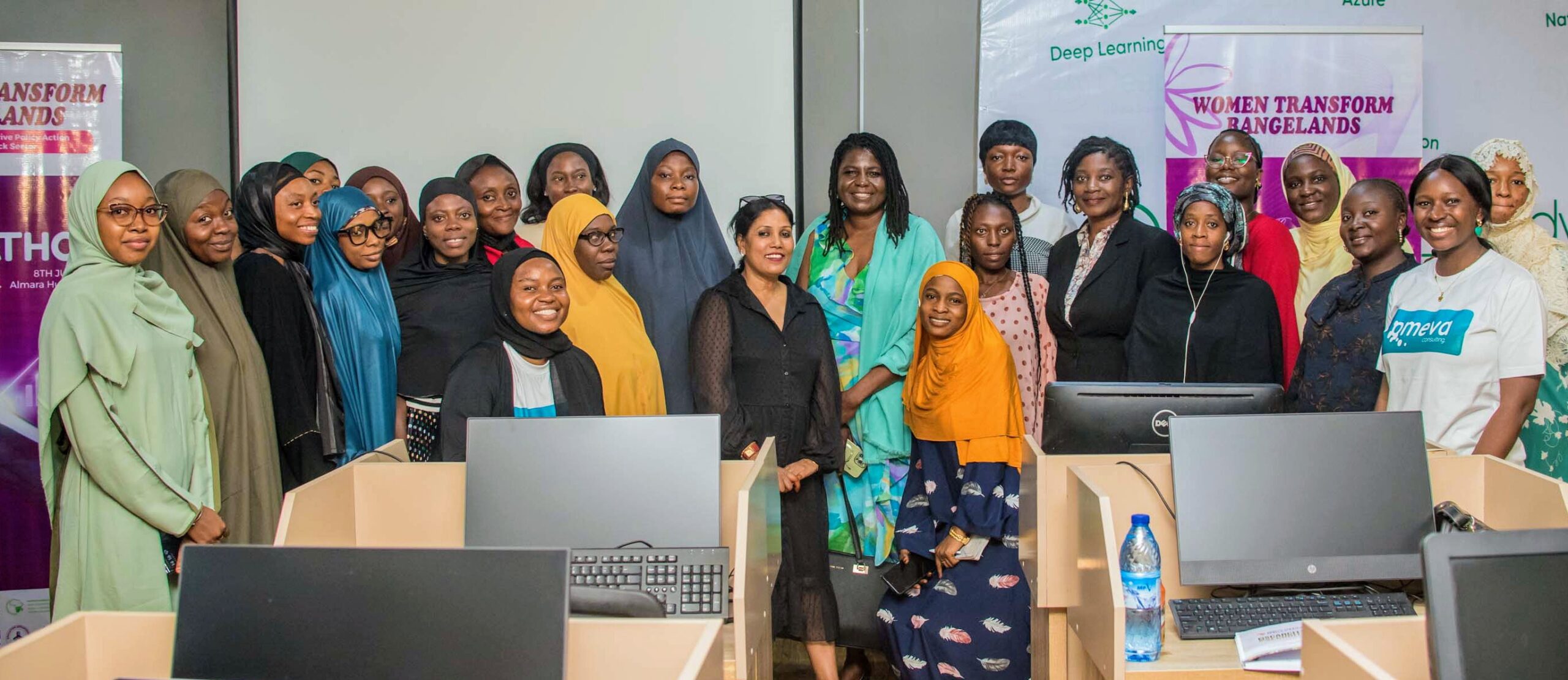
The CEO added that effort was building on the firm’s ArewaLadies4Tech mentorship programme, where it mentored several students, with many of them participating in the hackathon.
According to her, informed policy decisions require data, yet rangeland, especially in Sub-Saharan Africa are often left out of the data revolution that has transformed agricultural crop management.
She said that the gap limits the development of sustainable policies and solutions for livestock and pastoralist communities.
Puerta added that women remain underrepresented in both data science and policy making, despite their critical role in shaping resilient food systems.
According to her, the absence of women’s insights may lead to policies that may overlook key gendered and community-specific perspectives.
She said that the all-female hackathon addresses the challenges by empowering women in data science, strengthening female representation, and demonstrating how data informs policy decisions.
Puerta said that the initiative was supported by the Embassy of Spain in Nigeria and the Spanish Cooperation Office, as part of their broader commitment to scientific diplomacy and international collaboration.
“This aligns with the EU-funded PRISMA programme, which promotes agroecological transformation and climate resilience through data-driven solutions.

Also, Mr Juan Dembour, First Secretary of the Spanish Embassy, who officially opened the event, reaffirmed Spain’s commitment to leveraging data in the livestock sector and promoting gender equality across Africa.
Dembour added that by supporting initiatives that place women at the forefront of science, technology, and environmental innovation, Spain would continue to promote inclusive, forward-looking solutions to global challenges.
“The Spain Embassy and the Spanish Cooperation Office remain dedicated to strengthening partnerships that foster innovation, sustainability, and gender equality in practice.
“Beyond its technical aims, the hackathon reflects Spain’s dedication to women’s empowerment, sustainable development, and the agenda 2030 priorities,” he added.
Also, Valerio Perucci, from the Italian-based Farm4Trade, sponsor of one of the hackathon prizes, said that the participants would work with the Namibia Rangeland Dataset, a field-verified resource developed under the Lacuna Fund.
Perucci explained that the dataset included detailed data on biomass, vegetation cover, and grazing patterns across 20 sites.
“This hands-on engagement with real data will enables the teams to explore practical pathways for using evidence in policymaking, ensuring that the voices, knowledge, and priorities of women are no longer left out of the conversation,” he said.
On her part, Mrs Olanike Olugboji-Daramola, founder, Women’s Initiative for Sustainable Environment lauded the deliberate choice of women for the hackathon.
This, she said, would create a safe and inclusive space where women could speak freely, lead confidently, and innovate without the social pressures that often limit women’s engagement in mixed settings.
“Women often hold back, not because they lack ideas or ability, but because of social pressure, especially in mixed settings.
“We are raised to stay quiet, not to take the lead. This hackathon creates a space where women do not need permission to speak up, try bold things, or lead with confidence,” she said. (NAN)
Edited by Deji Abdulwahab






